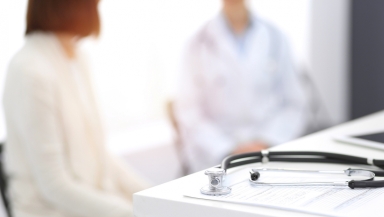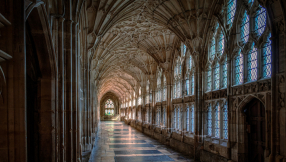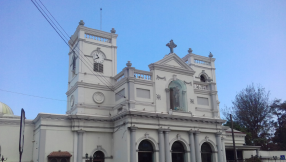
On Thursday nights we clapped for them: our wonderful NHS. But are we still as confident in the system? Recent concerns about NHS resourcing have led to higher-than-ever rates of people signing up to private healthcare.
Having grown up in a family where everyone else works for the NHS, I've seen close up the challenges of providing world-class healthcare to a growing, aging population. But pressures in the last few years have been unlike anything we've ever known, and they won't affect all of us in the same way.
The 'inverse care law' first defined by GP Julian Tudor-Hart in 1971 describes the reality that disadvantaged populations who most need care are the least likely to receive it. That means a move further towards a two-tier health system that will leave the most vulnerable at an even greater disadvantage – increasing the life-expectancy gap.
For those at the lower end of the wealth spectrum, transport legislation is likely to add a further burden. The 2030 ban on new diesel and petrol cars risks pricing some people out of the market entirely due to the prohibitive cost of electric cars. Where I live in Newcastle, the transport wealth divide is already significant. Those who live in poorer areas have lower access to public transport, limiting their ability to travel for work or healthcare. We cannot see this gap increase.
As Christians, we're exhorted to care for 'the widow and the orphan', those who in Jesus' day would fall into the category of 'disadvantaged populations'. We must speak up and act for those among us who most need our care and advocacy.
But what does that actually look like in daily life? By paying our taxes, we all contribute to providing for the most vulnerable. If we want these funds to be used well, we can vote strategically and write to our MPs.
We can all be wise about how we use our NHS, not missing appointments and making use of pharmacies and 111 as well as GPs. We can encourage and support our friends and family who provide essential care. And we can consider what care we can wisely offer our friends and family – particularly those who are less able to pay for it.
And when it comes to travel, we can offer lifts to those who need them, consider others' transport costs when we make plans, and carpool when possible to help others keep their expenses down. We can use public transport rather than drive so that we are investing in the infrastructure that will enable all of us to live less car dependent lives.
And however busy we are, we can pray to the God who loves rich and poor alike, seeks our flourishing and who delights in justice and fairness.
Rev Jo Trickey is Church Advocate at the London Institute for Contemporary Christianity (LICC).













